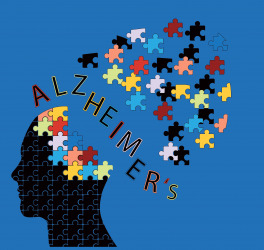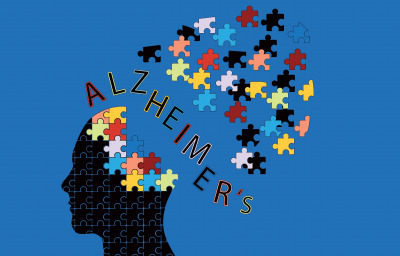
Health economics might not be the first thing that springs to mind when it comes to treating elderly patients, but it is just one of the innovations being used by clinically applied health economist Jennifer Davis to help improve care among seniors.
Davis, an assistant professor in the Faculty of Management at UBC’s Okanagan campus, is being supported this year with a 2020 Scholar Award from the Michael Smith Foundation for Health Research (MSFHR).
She discusses her ground-breaking investigations into cost-effective measures that improve quality of life for seniors and relieve economic burdens on the health-care system.
What are some of the challenges with working with older adult populations?
We know that we can prevent falls, and that we can prevent them in a way that provides the health-care system with good value for money. The big struggle is that lifestyle interventions are often fraught with low adherence—meaning the patient may not typically follow through with the prescribed recommendations. An innovative component of my program is working with seniors directly as patient partners and as patient participants to get their views on what they think will help improve adherence. We use that data to develop a model for interventions that we believe, or know, to be effective.
Research often collects data from subjects and then moves on. How is your research different?
We’re working with a subgroup of seniors that are participating as patient partners in helping shape the research study, offering feedback on study protocol, procedures and insights into what areas to investigate. They act as co-investigators and form part of our research team, as opposed to simply providing us with data as a research participant. There’s a movement now to include patients as partners in research because of the unique and essential perspectives they provide.
One challenge with this elderly population is the higher likelihood of having cognitive or mobility impairments. So, through a funding opportunity provided by the BC Support Unit, we have now developed a new approach for working with these frail older adults who are more vulnerable, to get their feedback on our research process that we hope will ultimately enable us to deliver feasible and translatable interventions to this population.
Health economics and patient partnership is a unique combination. How can this combination of approaches help prevent injury in senior populations?
I will explore the application of clinically applied health economic methods to predict the efficiency of different clinical interventions for specific subgroups of individuals. In the end, it may help us tailor health policy recommendations to specific groups of patients or individuals.
This work has the potential to be felt around the globe. Falls are the leading cause of chronic disability, injury and mortality worldwide, placing a heavy burden on health-care systems. According to the Canadian Patient Safety Institute, falls are the leading cause of injury for seniors, with direct health-care costs reaching an estimated $2 billion annually.
What do you hope to achieve with your research?
I’ve always been passionate about working with older adults. As a kid, I always enjoyed hearing stories from older adults about their life experiences. Over the years, I have witnessed struggles that the elderly experience as they age—not just loneliness, but declines in mobility and cognition that lead to frailty and the loss of independence. The ultimate goal for me is to conduct research that can improve the quality of life of older people here in Canada and around the world.








